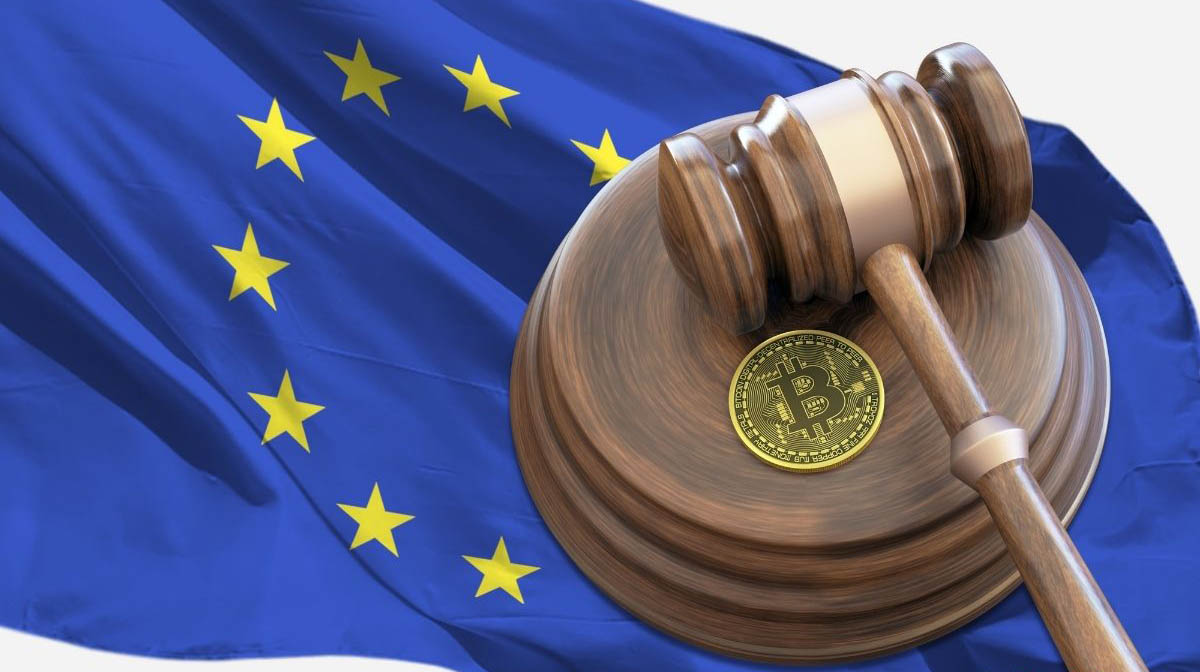Since the entry into force of the MiCA (Markets in Crypto-Assets Regulation) law, 53 crypto companies have received official permission to operate in the EU, according to Patrick Hansen, Director of Strategy for Europe at Circle. The new regulatory regime is designed to standardize the EU crypto market, increase transparency, and strengthen consumer protection.
Stablecoin issuers among the leaders
As of July 2025, 14 stablecoin issuers have received licenses. Among them are Circle, which issues USDC, as well as companies such as Crypto.com, Société Générale – Forge, Stablemint, Quantoz, Membrane Finance, and StablR. Their approval speaks to the market’s desire for a regulated, institutionally understandable model for issuing digital assets.
Who else received licenses
Also, 39 virtual asset service providers (CASPs) received permission to operate in the EU, including well-known exchanges and fintech platforms: Coinbase, Kraken, Bitstamp, OKX, Robinhood, Trade Republic, BBVA bank and eToro. Germany and the Netherlands became the main entry points, issuing 23 of the 39 licenses.
Binance and Tether outside the EU legal framework
Amid the legalization of many companies, two major players remain on the sidelines: Binance and Tether have not yet received permits. Moreover, Tether CEO Paolo Ardoino said in May 2025 that the company does not intend to register under MiCA. This led to the fact that the Kraken and Crypto.com platforms delisted the USDT token from their European listings.
Benefits and risks of the new regulation
MiCA supporters believe that the law increases trust in the crypto industry and reduces risks for investors. At the same time, according to Brussels lawyers, the regulation could hinder innovation by creating high costs for startups and small companies. But large corporations that can comply with all the requirements gain a strategic advantage.
Regulators’ Doubts
Despite the tightening of the rules, the Dutch Authority for the Financial Markets (AFM) expressed doubts that MiCA would be able to effectively combat market manipulation, such as pump and dump schemes. Especially given the spread of disinformation on social media and the difficulty of tracking down the organizers of such actions.

New KYC Rules in India: Crypto Exchanges Tighten Scrutiny

Cryptocurrency Licensing in the UK: New Rules and Deadlines

Global Implementation of the CARF Standard: New Requirements for Crypto Services



